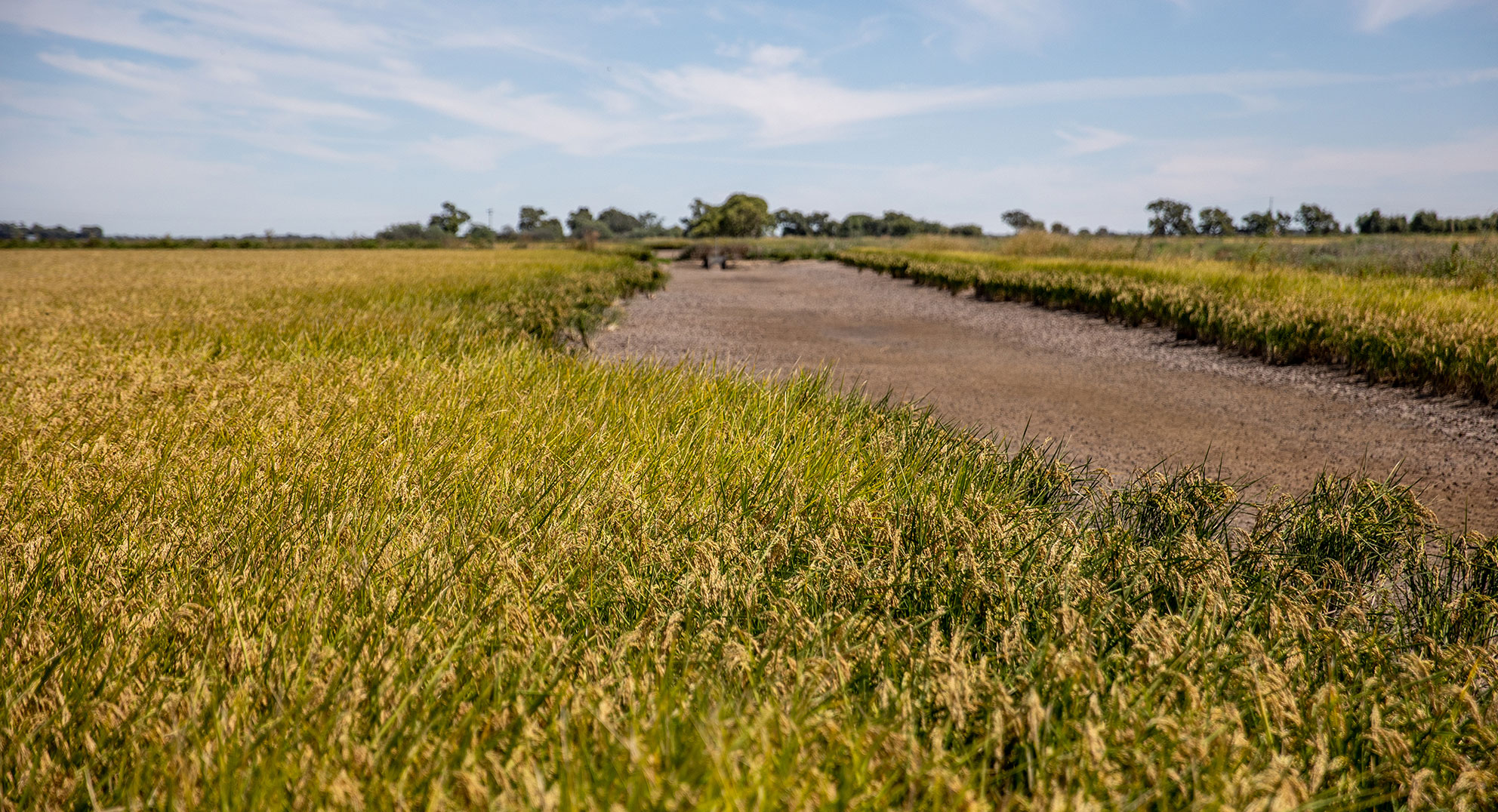Regenerative agriculture impacts and opportunities

Research Lead
Wiyanda Aflah
Status
In Progress
Project Type
PhD
Timeframe
2024 - 2027
Core Partners
NSW Department of Industry
Affiliate Partners
Mulloon Institute
Regenerative agriculture is a promising approach to enhance drought resilience and promote sustainable land and water management. This innovative practice focuses on retaining more water in the soil and plant systems, which significantly impacts the overall hydrological balance of the landscape. Understanding these changes is crucial for farmers and water resource managers to prepare for and adapt to the widespread adoption of regenerative agriculture.
About the project
The importance of sustainable agricultural management practices cannot be overstated, as agriculture occupies a significant portion of the Earth’s land and heavily depends on water resources. Traditional farming practices have often prioritized high yields and profits, relying heavily on energy, water, and agrochemicals. While this has ensured food security, it has also led to negative environmental impacts, including ecosystem degradation, loss of biodiversity, and increased greenhouse gas emissions. Regenerative agriculture offers a sustainable alternative to these conventional practices, aiming to restore and enhance the natural ecosystem.
Most current research on regenerative agriculture focuses on soil health, biodiversity, and carbon sequestration. However, these studies often overlook the interconnected relationship between soil and water. Understanding this relationship is essential, as water plays a crucial role in maintaining soil health and overall agricultural productivity. There is a need for quantitative evidence to illustrate how different regenerative agriculture practices impact water retention and movement within the landscape, providing a comprehensive solution to land degradation.
This project aims to bridge this knowledge gap by using simulation models, verified with data from ongoing field experiments in pasture systems and publicly available data. Computational models are invaluable for analyzing complex agrohydrological systems and can offer extensive insights into the effects of regenerative agricultural practices. While empirical and field observation studies provide important data, they are resource-intensive and time-consuming. By collaborating with local land services and landholders, this project will gather additional verification data and develop scenarios to quantify the impacts of various regenerative agriculture practices under different conditions.
Outcomes
The project’s goals include improving modeling techniques to assess the impact of regenerative agriculture on water balance and developing new algorithms to capture non-standard agricultural practices. These algorithms will help evaluate the effects of modified farming methods on water balance within the catchment area. Additionally, the project aims to establish guidelines for creating representative models using digital earth observation data. These findings will not only advance knowledge and practical applications in agrohydrology but also provide valuable references for managing water resources in the Murray–Darling Basin.
Ultimately, this project will contribute to more sustainable agricultural practices, ensuring long-term food security and environmental conservation. By enhancing our understanding of the relationship between soil and water in regenerative agriculture, we can better manage our natural resources and build resilience against the challenges posed by climate change.
Project Updates
View all updatesA regional ‘dream team’: the PhD scholars who are bringing world-class research to the banks of the Murray-Darling Basin
Read More